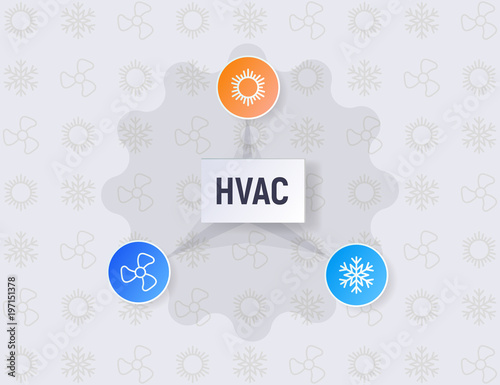Exploring The Ecological Advantages Of Warm Pumps - A Sustainable Home Heating Option
Exploring The Ecological Advantages Of Warm Pumps - A Sustainable Home Heating Option
Blog Article
Content Author-Moser Hewitt
In a period where sustainability and power efficiency are paramount, numerous services look for environmentally friendly heating solutions. One such service is the heatpump.
A heatpump extracts the heat in its surroundings and pumps it right into your home, causing among one of the most effective environment-friendly central heating systems around. This procedure likewise generates zero greenhouse gas emissions, making it an extremely sustainable modern technology.
Energy Performance
Heatpump are extremely energy effective and require little upkeep. They make use of much less electrical energy than other heater and are by far the most eco-friendly. They function well with rooftop solar and can typically spend for themselves in utility financial savings alone.
They can additionally provide cooling, which is great for garage workshops, attic room hangouts and perk rooms, and home enhancements without extending the existing ductwork. They can even be used for retrofits in existing homes with hydronic (water-based) distribution systems such as low temperature radiators or glowing floors.
Search for versions with SEER and HSPF rankings that meet or exceed Canada's minimum standards, in addition to the requirements in your area. Greater rankings indicate better efficiency, which conserves you money over time and decreases your carbon footprint. You might also qualify for rebates and motivations! The best units are those with a ground warmth exchanger for added efficiency. These devices can absorb thermal power from the ground during the winter months and remove it in the summertime.
Minimized Greenhouse Gas Emissions
Heat pumps work on electrical power and essentially move warmth from the air, also when it's chilly outside. They are able to remove the totally free warm entraped in air fragments and relocate them inside, reducing humidity while doing so.
Compared to gas heaters, contemporary heat pumps use less than one kilowatt of power per kilowatt of home heating power they generate. This makes them the most power efficient home heating choice available with a POLICE (Coefficient of Performance) of four or more. By slashing the demand for fossil fuels, heat pumps help reduce greenhouse gas emissions and cut other major air pollutants.
Building decarbonization is a global vital, and the HVAC industry is a key chauffeur of that process. Whether it's investor making internet no dedications, policy makers setting discharges limits, or lessees demanding greener spaces, electrical heat pumps are being identified as a vital service. They are an affordable method to decrease carbon discharges by eliminating the requirement for fossil fuels in structures.
Versatility
Heat pumps can be used in lots of types of homes and buildings-- with or without ducts. They deal with hot-water radiators, air-conditioning and programmable thermostats. They can replace furnaces or be mounted in brand-new homes. dc air conditioning units can operate on solar panels, geothermal systems or even area heating sources like wastewater.
They're wonderful at supplying more warmth per power unit. As an example, an air-source heat pump creates as much as 3 or more heating devices from each electrical power system it eats.
Getting the most from your heatpump will certainly depend on your climate area and top quality of insulation. servicing heat pumps for designs with power celebrity scores and compare their SEER or HSPF specs. In warmer environments, focus on SEER; in colder areas, take into consideration a system with a greater HSPF rating. Furthermore, invest in air securing and insulation to reduce the tons on your heat pump. That will boost power effectiveness and aid you reach your Web No objectives faster.
Biomass Boilers
Biomass boilers utilize timber pellets, chips or logs to create heat and hot water. They are a great choice for off-grid properties or those that want to leave the gas grid.
As a standalone heater, biomass can supply sufficient power to maintain your home warm all year round without the regular warm drop off of various other sustainable modern technologies. They can also be used along with photovoltaic panels to maximise savings and take advantage of RHI repayments.
A drawback of these systems is the upfront price and routine fuel shipments. Often, pellets will certainly need to be blown into a gas store making use of a vacuum system or they can be by hand fed right into the boiler via a hopper. Logs are commonly self-sourced from neighboring forest or purchased wholesale. Along with this, they need manual loading and may need cleaning often.